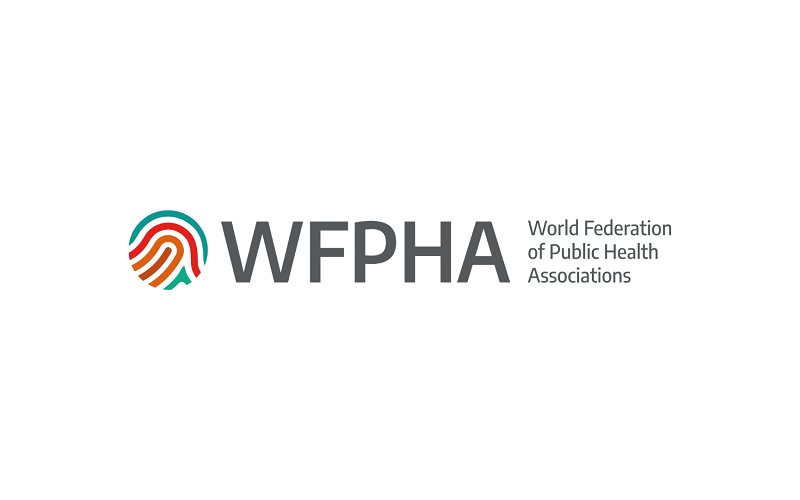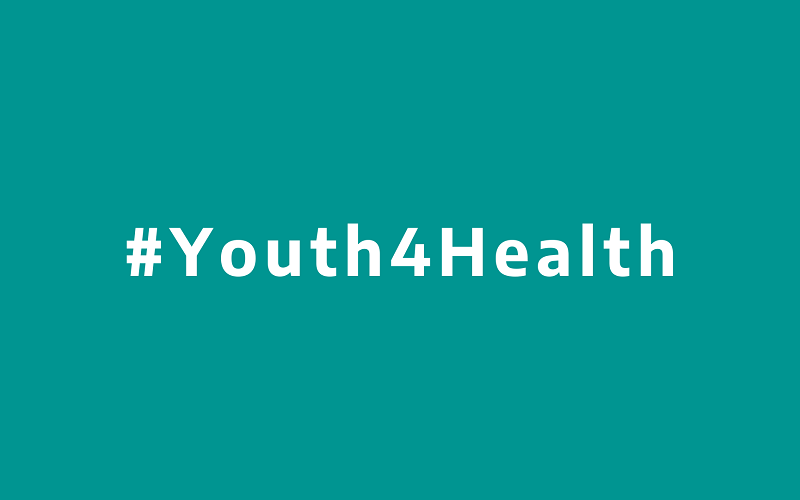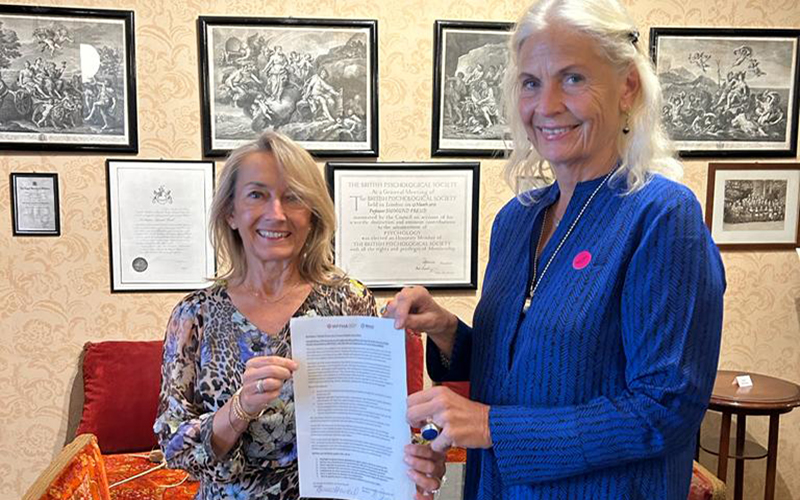By Hannah Marcus, WFPHA Environmental Health Working Group
In an era of accelerating global climate change, human mobility has reached unprecedented levels. While it is acknowledged that many cases of human migration in the context of climate change are forced or involuntary, particularly where adaptation measures have failed to achieve sufficient resiliency of communities against impending slow- and sudden-onset disasters, there are also many cases where migration is, itself, a voluntary adaptive measure to secure otherwise unattainable physical safety and life-sustaining resources. It is in these cases that migration can be viewed as adaptation.
Indeed, the framing of “migration as adaptation” is now widely used in academic literature on climate migration. This perspective has ignited more widespread recognition that adaptive human movement can have far-reaching social, economic, and health benefits for migrants and their communities of origin. A quick look at the history of human movement in response to environmental change further reaffirms this.
However, in the absence of a favorable policy environment, such benefits may not be accrued or maximized, and migrants may find themselves in conditions of even greater precarity. The potential health consequences of such policy failures are extreme. Vulnerability to sexual and other forms of abuse along poorly safeguarded migration routes may spur severe mental distress and psychological trauma in affected persons. Simultaneously, prolonged settlement in poorly serviced refugee and internally displaced persons (IDP) camps can severely increase infectious and waterborne disease risk for camp residents. Without access to adequate healthcare services and social supports, urban migrants may also suffer from a myriad of communicable and non-communicable diseases. Meanwhile, “trapped populations”, lacking the option to relocate, will continue to face life-threatening food and water insecurity as their environment undergoes further degradation.
In contrast, supportive policies which enable individuals to move safely and securely from more to less climate-vulnerable regions can reap benefits for global public health protection and disease prevention. As the international public health community has long committed to the achievement of these goals under the Global Charter for the Public’s Health, it can be argued that there is a public health imperative for action on climate migration. The WFPHA has put forth several arguments in favor of this stance in a 2023 article published in the Journal of Migration and Health.
Most importantly, forcing individuals to remain in environmentally fragile settings, by not providing a viable option to relocate, can directly restrict adherence to healthy practices. For instance, if seawater intrusion has resulted in salinization of your only available water supplies, you are forced to suffer from hypertension and other health consequences to simply survive. Likewise, if there is insufficient available food because flooding or drought have destroyed the month’s harvest, mothers cannot uphold best practices for infant and young child feeding and nutrition, no matter how strongly recommendations are enforced by community health providers.
Not only can migration provide a path for improved health of otherwise disease-vulnerable populations residing in environmentally fragile settings, but it can also contribute to relieving pressure on already strained and under-resourced healthcare systems in such settings. As many of the regions of the world most vulnerable to drought, heat waves, flooding, and extreme weather events are in low- and middle-income countries, the burden of caring for injured and sick individuals in the face of natural disasters is frequently borne by the very healthcare systems least equipped to deal with such issues. Facilitating adaptive human movement in response to climate-driven health threats would enable a redistribution of this burden, and achieve a situation whereby disaster-effected individuals can access healthcare services more commensurate with their needs.
From a disease prevention standpoint, enhancing legal pathways for migration would drastically reduce population density in refugee/IDP camps, illegal settlements, and urban slums, all of which, due to poor living conditions and overcrowding, serve as active hubs for disease transmission. Simultaneously, providing migrants with adequate shelter, nutrition, water, sanitation, and hygiene, and humanitarian aid along transit paths would substantially reduce their vulnerability to contracting infections, waterborne illnesses, and sexually transmitted diseases due to gender-based violence on route.
Finally, stronger international coordination of migration through well-managed, legal asylum-seeking channels would enhance national capacities for regulating the disease screening of individuals crossing borders. Studies have shown that where legal migration alternatives are inadequate or nonexistent, individuals on the move will nonetheless pursue illegal routes to entry at destination sites. It has been shown that this makes epidemiological and demographic tracking on the national level substantially more challenging, as people’s whereabouts go unknown and any changes to national population makeup remain undocumented. Considering this, we can envision how the opening of safe and legal transit avenues, coupled with well-coordinated screening and registration processes, would substantially lessen this challenge, and enable far more timely, robust, and accurate epidemiological projections on which to base national public health policy planning. While the contention that migrants are likely disease carriers has been widely disputed by researchers anyway, secondary screening of border crossers through well-regulated, legal migration procedures would also enhance early detection of other illnesses, enabling appropriate early referrals for necessary health services.
Given the potential for adaptive climate migration to contribute towards the achievement of key global public health objectives, the international public health community MUST endorse measures which facilitate it under the right circumstances. Of course, interdisciplinary collaboration in helping communities to adapt to the impacts of climate change and remain in their, often preferred, location of origin remains a key public health responsibility. Yet, when environmental conditions, in combination with irremediable social, political, and economic vulnerabilities, impede the possibility of achieving a life of dignity, health, and safety, the option to relocate must be enabled, supported, and facilitated, as not just a legal/moral imperative, but indeed, as a public health one as well.








Recent Comments